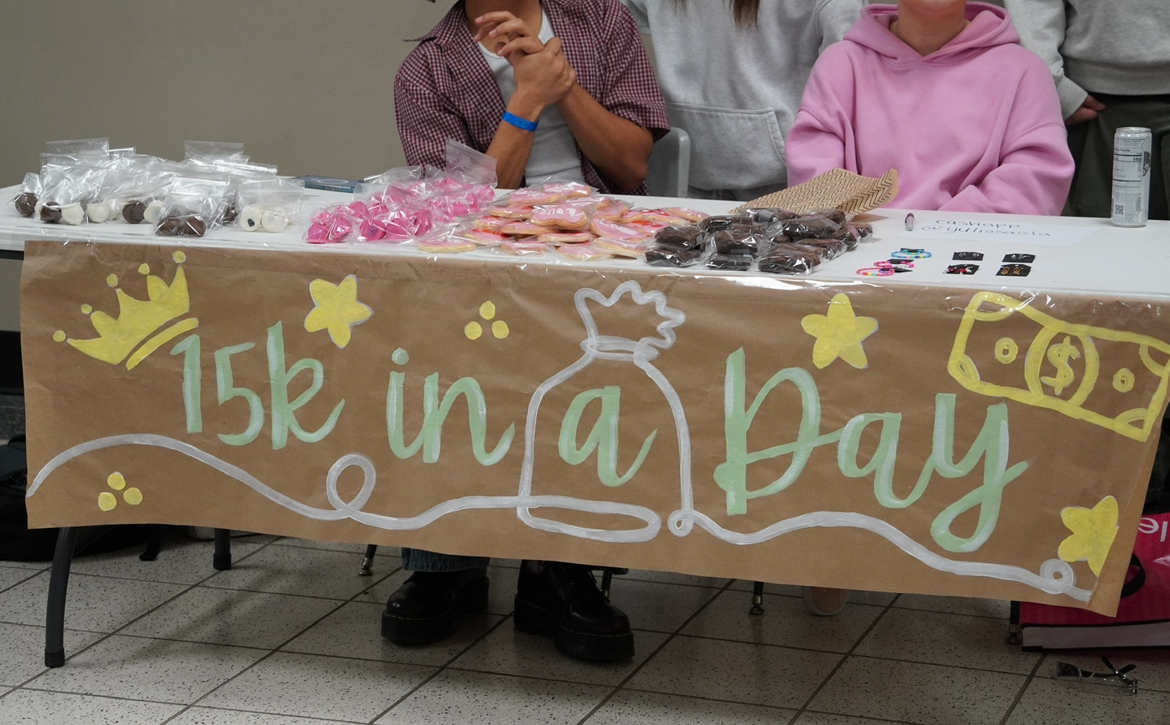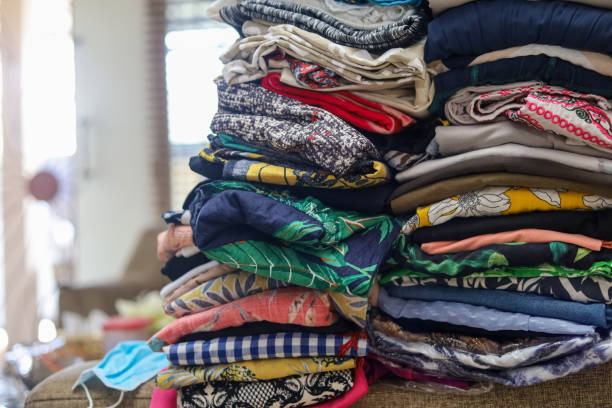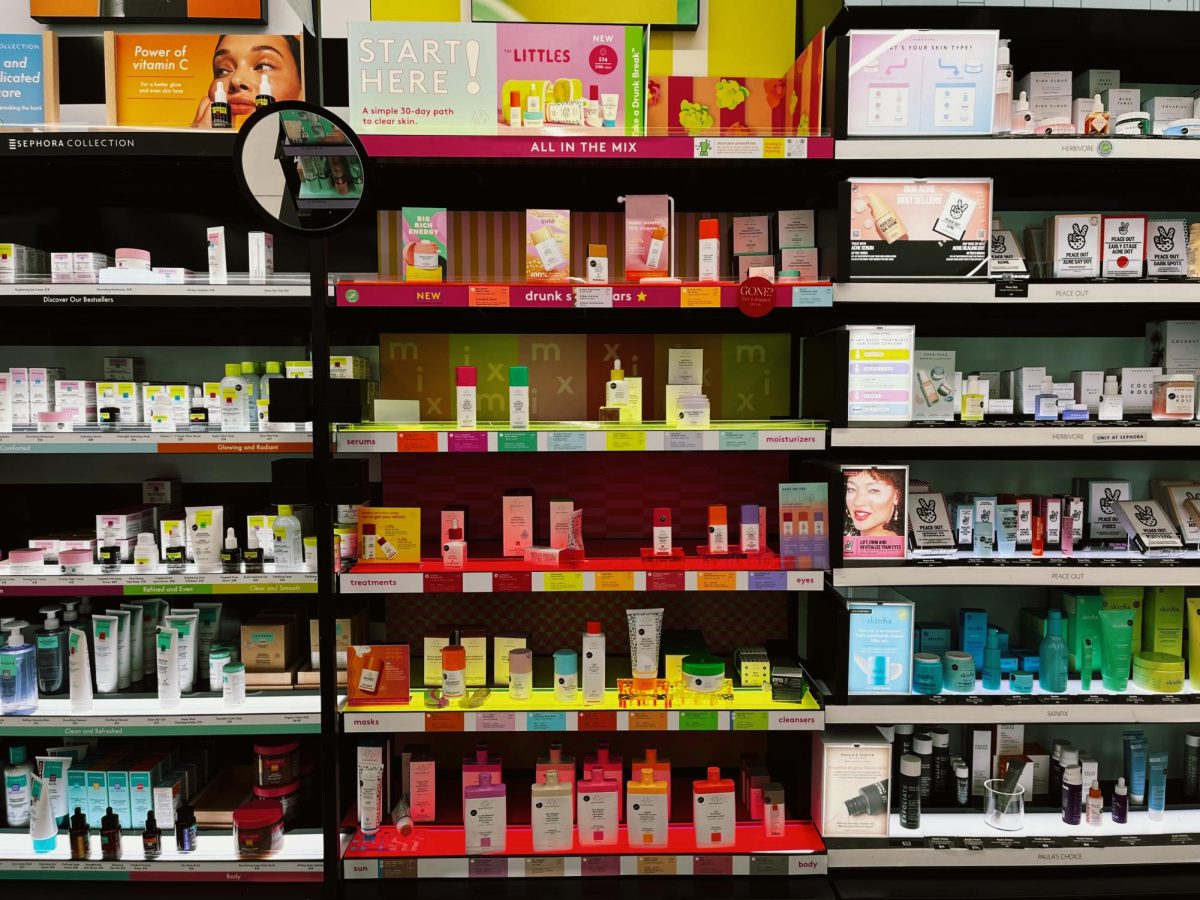In an ongoing battle between generations, a new investigation has sprung up in regards to Generation Alpha (Gen Alpha).
If you’ve been online within the last week, there’s no doubt you’ve come across at least one article, picture or TikTok talking about the newest phenomenon: Sephora 10-year-olds. Sephora 10-year-olds have begun to infiltrate Sephora stores across the country and may even be found at one near you. But all jokes aside, what are Sephora 10-year-olds and how did they come to fruition?
Sephora 10-year-olds, a term coined by TikTok users, describe young girls who typically fall between the ages of 9-12 who have developed an interest in Sephora rather than more age appropriate material as seen in previous generations. Many of these Sephora 10-year-olds tend to gravitate towards Drunk Elephant, Rare Beauty or even retinal, all brands and products that gained popularity primarily through TikTok.
This new trend has many older generations questioning how Gen Alpha even discovered products like these and why their interests have skewed so dramatically in contrast to older generations. However, with Gen Alpha being the first generation to solely grow up on the internet, it makes sense that kids would look to the internet for trending information rather than more traditional sources (ie. magazines or even television).
In summary, it checks out that IPad babies have grown into Sephora 10-year-olds.
IPad babies typically describe kids who grew up during the late 2010s and were mainly parented by technology rather than their parents. For example, parents, instead of providing their children with stimulation through drawing or outside activities have instead heavily relied on and leaned into the IPad culture– ergo IPad babies.
Now that we’ve diagnosed the problem, what can be done to solve the increasing population of 10-year-olds with Dior Lip Oil?
For starters, parents monitoring what information children are taking in on TikTok would help yank the problem out from the root. By checking in on childrens’ internet activities, parents may be able to get a better sense of what content is shaping Gen Alpha’s strange, new, disproportionate-to-their-age interests.
Another solution is to begin to shift the narrative of available information to children on TikTok. Taking a child-centered approach rather than a consumerist centric approach may assist in regulating Generation Alpha’s development.
If instead of pushing the agenda of imagining these 10-year-olds as marketing gold mines, TikTok adopted a more age appropriate or even educational perspective that favored child development we may be able to cure Sephora 10-year-olds entirely.




































